
Spy fiction is a genre of literature involving espionage as an important context or plot device. It emerged in the early twentieth century, inspired by rivalries and intrigues between the major powers, and the establishment of modern intelligence agencies. It was given new impetus by the development of fascism and communism in the lead-up to World War II, continued to develop during the Cold War, and received a fresh impetus from the emergence of rogue states, international criminal organizations, global terrorist networks, maritime piracy and technological sabotage and espionage as potent threats to Western societies. As a genre, spy fiction is thematically related to the novel of adventure, the thriller and the politico-military thriller.
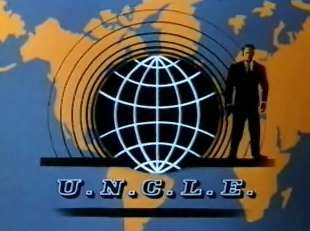
The Man from U.N.C.L.E. is an American spy fiction television series produced by Metro-Goldwyn-Mayer Television and first broadcast on NBC. The series follows secret agents Napoleon Solo, played by Robert Vaughn, and Illya Kuryakin, played by David McCallum, who work for a secret international counterespionage and law-enforcement agency called U.N.C.L.E.. The series premiered on September 22, 1964, and completed its run on January 15, 1968. The program was part of the spy-fiction craze on television, and by 1966 there were nearly a dozen imitators. Several episodes were successfully released to theaters as B movies or double features. There was also a spin-off series, The Girl from U.N.C.L.E., a series of novels and comic books, and merchandising.
Leonard Cyril Deighton is a British author. His publications have included cookery books and works on history, but he is best known for his spy novels.

Ellery Queen is a pseudonym created in 1928 by the American detective fiction writers Frederic Dannay (1905–1982) and Manfred Bennington Lee (1905–1971). It is also the name of their main fictional detective, a mystery writer in New York City who helps his police inspector father solve baffling murder cases. From 1929 to 1971, Dannay and Lee wrote around forty novels and short story collections in which Ellery Queen appears as a character.

Rodney Sturt Taylor was an Australian actor. He appeared in more than 50 feature films, including Young Cassidy (1965), Nobody Runs Forever (1968), The Train Robbers (1973) and A Matter of Wife... and Death (1975).
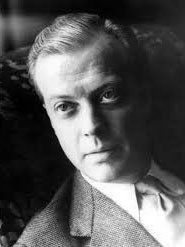
Eric Clifford Ambler OBE was an English author of thrillers, in particular spy novels, who introduced a new realism to the genre. Also working as a screenwriter, Ambler used the pseudonym Eliot Reed for books co-written with Charles Rodda.

John Edmund Gardner was an English writer of spy and thriller novels. He is best known for his James Bond continuation novels, but also wrote a series of Boysie Oakes books and three novels containing Sir Arthur Conan Doyle's fictional villain, Professor Moriarty.
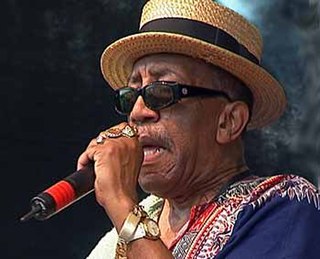
Lorenzo "Laurel" Aitken was a Cuban-Jamaican singer and one of the pioneers of ska music. He is often referred to as the "Godfather of Ska".

Elleston Trevor was a British novelist and playwright who wrote under several pseudonyms. Born Trevor Dudley-Smith, he eventually changed his name to Elleston Trevor. Trevor worked in many genres, but is principally remembered for his 1964 adventure story The Flight of the Phoenix, written as Elleston Trevor, and for a series of Cold War thrillers featuring the British secret agent Quiller, written under the pseudonym Adam Hall.

The James Bond Dossier (1965), by Kingsley Amis, is a critical analysis of the James Bond novels. Amis dedicated the book to friend and background collaborator, the poet and historian Robert Conquest. Later, after Ian Fleming's death, Amis was commissioned as the first continuation novelist for the James Bond novel series, writing Colonel Sun (1968) under the pseudonym Robert Markham. The James Bond Dossier was the first, formal, literary study of the James Bond character. More recent studies of Fleming's secret agent and his world include The Politics of James Bond: From Fleming's Novels to the Big Screen (2001), by the historian Jeremy Black.

Derek Francis was an English comedy and character actor.
MGM-British was a subsidiary of Metro-Goldwyn-Mayer initially established at Denham Film Studios in 1936. It was in limbo during the Second World War; however, following the end of hostilities, a facility was acquired in Borehamwood, which remained in use until it was closed in 1970.
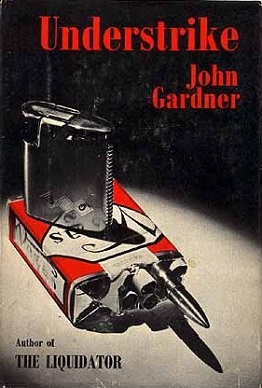
Understrike (1965) is a novel by John Gardner. It is the second novel in his Boysie Oakes series.
Liquidator may refer to:

Eric Leslie Barker was an English comedy actor. He is most remembered for his roles in the popular British Carry On films, although he only appeared in the early films in the series, apart from returning for Carry On Emmannuelle in 1978.
Bernard Charles Newman was a British writer of 138 books, both fiction and non-fiction. His works have been translated into over 20 languages including Japanese and Braille. A historian, he was considered an authority on spies, but also wrote books concerning travel and politics. His fiction included mystery novels, plays, science fiction and children's books.
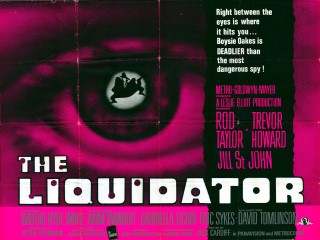
The Liquidator is a 1965 British thriller film directed by Jack Cardiff and starring Rod Taylor, Trevor Howard, and Jill St. John. It was based on The Liquidator (1964), the first of a series of Boysie Oakes novels by John Gardner.

The Liquidator (1964) was the first novel written by John Gardner and the first novel in his Boysie Oakes series.
Peter Alan Yeldham was an Australian screenwriter for motion pictures and television, playwright and novelist whose career spanned five decades.
Charles Franklin, the pen-name of Frank Hugh Usher, born in Leicester, Leicestershire, a British writer of mystery novels and spy novels. He also wrote under the pen-names Frank Usher, and Frank Lester.